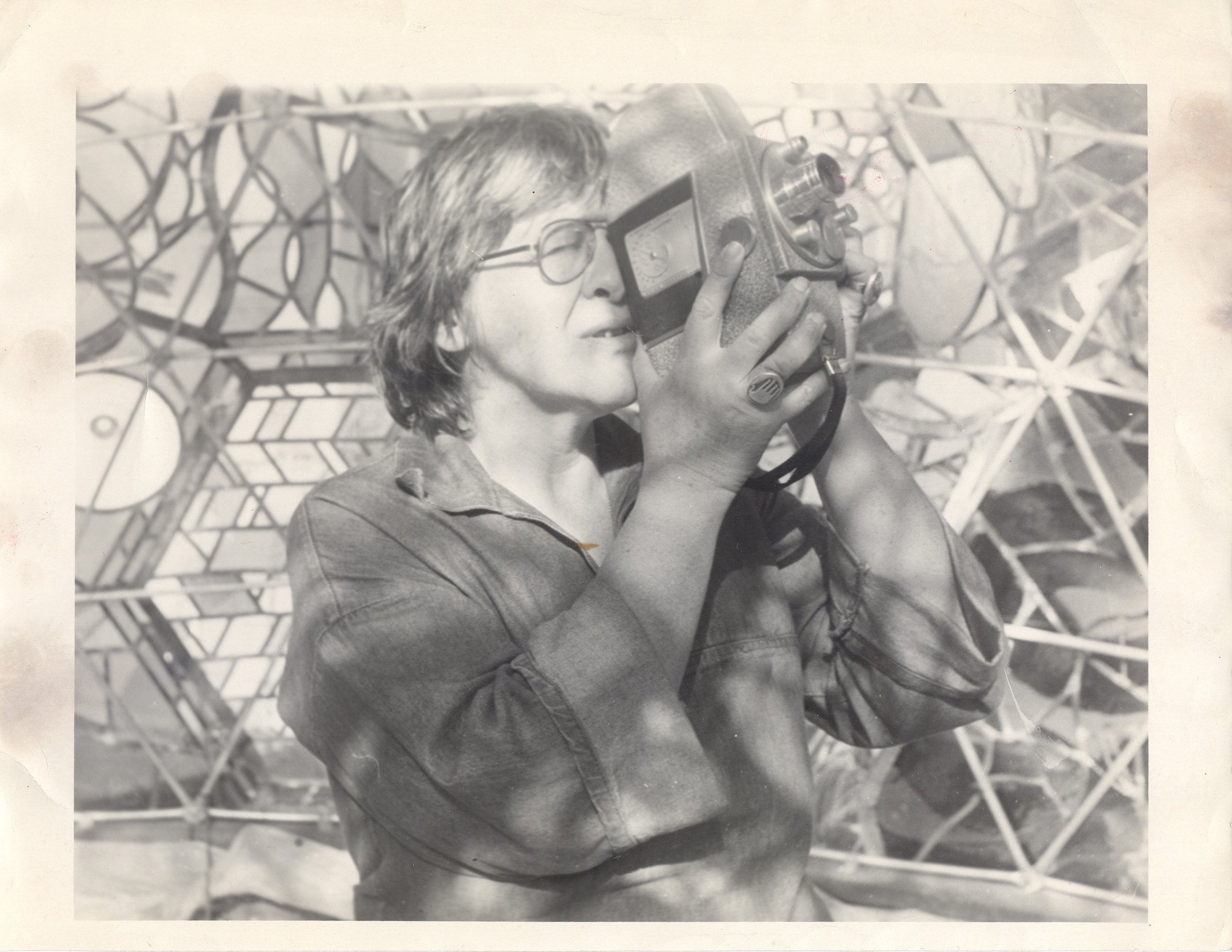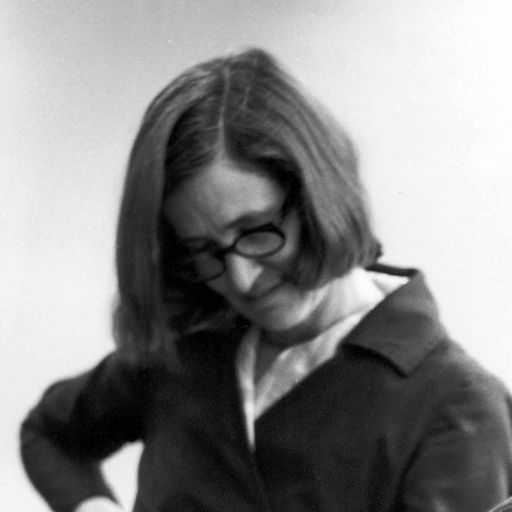View the illustrated Amaza Lee Meredith profile on the Pioneering Women of Architecture website.
I picked up a free glossy real estate magazine with an enticing photograph of summer leisure pursuits under the title Sag Harbor: A Whale of a Good Time. We traveled out there in early spring, collecting voices of preservation, community, celebrity, and long tenured summer families as we searched for Amaza Lee Meredith’s modern architecture. A short bike ride away from the summer haunts of Melville, Steinbeck, Betty Friedan, Spaulding Gray, lived the creator of Azurest North, the Black summer real estate enclave syndicated by Amaza Lee Meredith with her sister Maude Terry. But on the beach we found only Maude’s name enshrined on the commemorative plaque.
For decades, Amaza and her life-long partner Edna Meade Colson, made an annual migration to enjoy the respite and comfort of their shared northern home. Hundreds of miles south is their other Azurest—a tidy white International Style house on the edge of the Virginia State University Campus where Meredith and Colson both maintained significant teaching positions, living openly queer lives.
Together, the homes and communities that Meredith helped establish provided a sense of joy and pleasure to those at a time when this wasn’t always possible. And her story, as it continues to unfold with time, is a point of inspiration for those who have been lucky enough to discover it.
In this episode, we explore the intersections of sexuality, modernity, art, architecture, and the faith community that nurtured this pair of lovers. Amaza and Edna found their home in each other and shared it openly with their church, their colleagues and their students. Listen to Amaza Lee Meredith: Love and Home.
Special thanks to writers Jacqueline Taylor and Jessica Lynne, and to Brooke Williams who graciously provided Sag Harbor resident insights, as did advocates and preservationists Georgette Grier-Key, Michael Butler, and Renee Simons. And to Reverend Grady Powell and Reverend Dr. George WC Lyons from Gillfield Baptist Church in Petersburg, Virginia. Franklin Johnson-Norwood is the Director of Alumni Relations at Virginia State University, and our excellent tour guide for Azurest South, and to Christina Morris of the National Trust for Historic Preservation.
New Angle Voice is a presentation of the Beverly Willis Architecture Foundation. This podcast is produced by Brandi Howell, with editorial advising from Alexandra Lange. Virginia Eskridge provides daily assistance.
Generous funding for this season has been provided by the National Endowment for the Humanities, the National Endowment for the Arts and the Graham Foundation.








